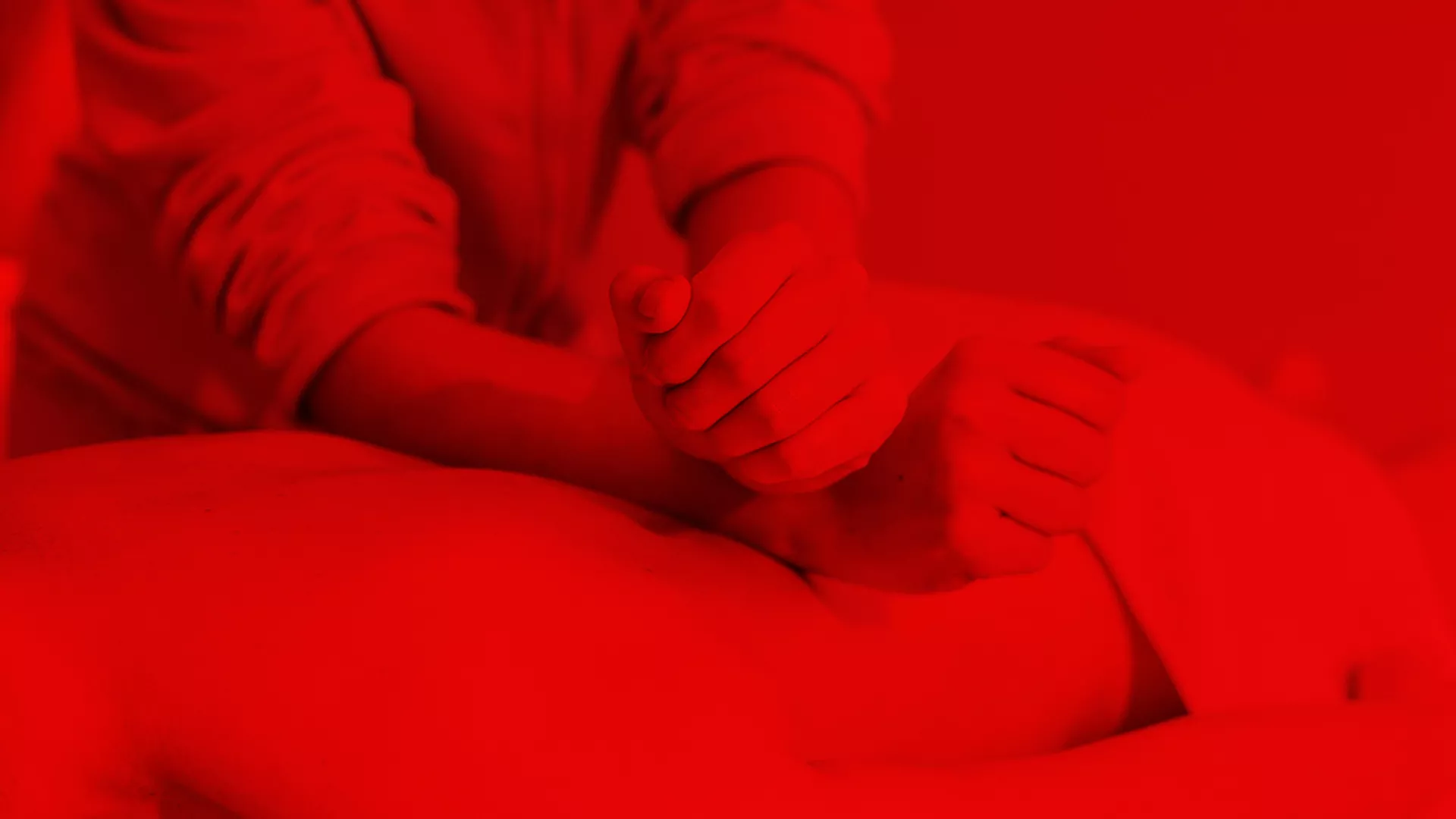Chinese Traditional Medicine - Tui Na Massage
390

PULSE Rituals | Wellness, Balancing and Detox
Chinese Traditional Medicine - Tui Na Massage
Traditional Chinese Medicine (TCM) is a complete medical system that has been used to diagnose, treat, and prevent illnesses for more than 2,000 years. TCM is based on a belief in yin and yang. When yin and yang are in balance, you feel relaxed and energized. Out of balance, however, yin and yang negatively affect your health.
Practitioners also believe that there is a life force or energy, known as qi (pronounced "chee"), in every body. For yin and yang to be balanced and for the body to be healthy, qi must be balanced and flowing freely. When there is too little or too much qi in one of the body's energy pathways, called meridians, or when the flow of qi is blocked, it causes illness. The ultimate goal of TCM treatment is to balance yin and yang by promoting the natural flow of qi.
Tui na is a hands-on body treatment that uses Chinese Daoist principles to bring the eight principles of traditional Chinese medicine into balance. The practitioner may brush, knead, roll, press, and rub the areas between each of the joints to attempt to open the body's defensive chi (Wei Qi) and get the energy moving in the meridians and the muscles. Techniques may be gentle or quite firm. The name comes from two of the actions: tui means "to push" and na means "to lift and squeeze."
The practitioner can then use a range of motion, traction, and the stimulation of acupressure points. The main therapeutic goal of tuina massage is to remove the energetic blocks that are causing qi stagnation.
Book Your Appointment Today!
Contact us at info.bkk@pulse-clinic.com or chat on your preferred platform:
![]() +66 65 237 1936
+66 65 237 1936  @PULSEClinic
@PULSEClinic ![]() PulseClinic
PulseClinic
Benefits
Targeting specific acupoints is similar to acupuncture, but practitioners stimulate these points with pressure rather than needles. Acupuncture is frequently used with Tui Na massage.
1. Boosts blood circulation: encourages the flow of Qi to produce balance and harmony within the body.
2. Reduces pain: Tuina massage relieves neck pain, back pain, and the accompanying tension, tightness, and irritation.
3. Treats depression: The method is successful at lowering tension, promoting relaxation, and promoting restful sleep.
Side Effects
Tuina massage is a safe treatment and is generally well-tolerated. However, remember that it’s not a gentle or relaxing massage, and you may feel some discomfort during or after a session. Slight bruising is possible.
It’s not recommended for people who have fractures or are prone to fractures, vein inflammation, or any type of open wound. It’s also not recommended for people with previous chronic back issues, such as ankylosing spondylitis.

